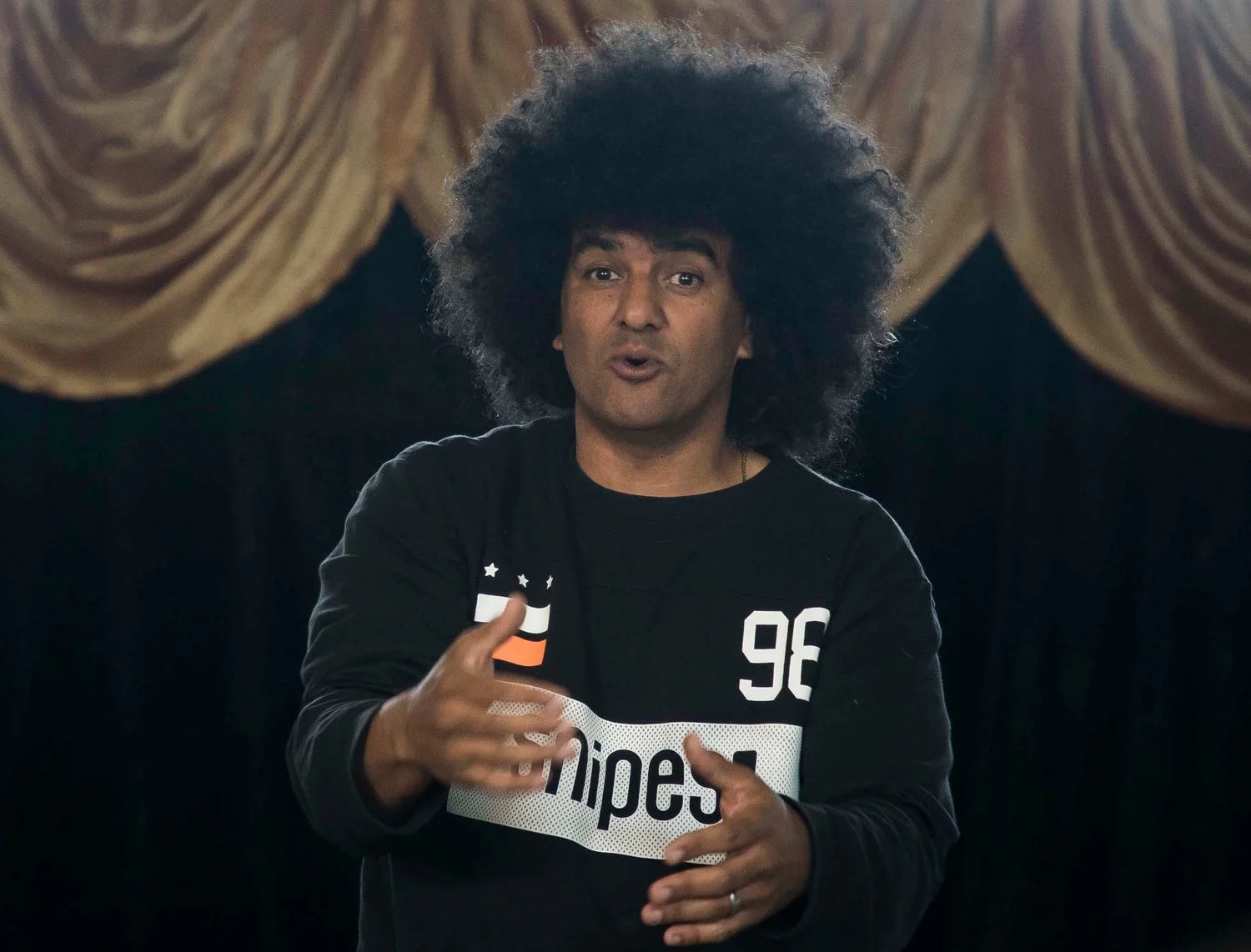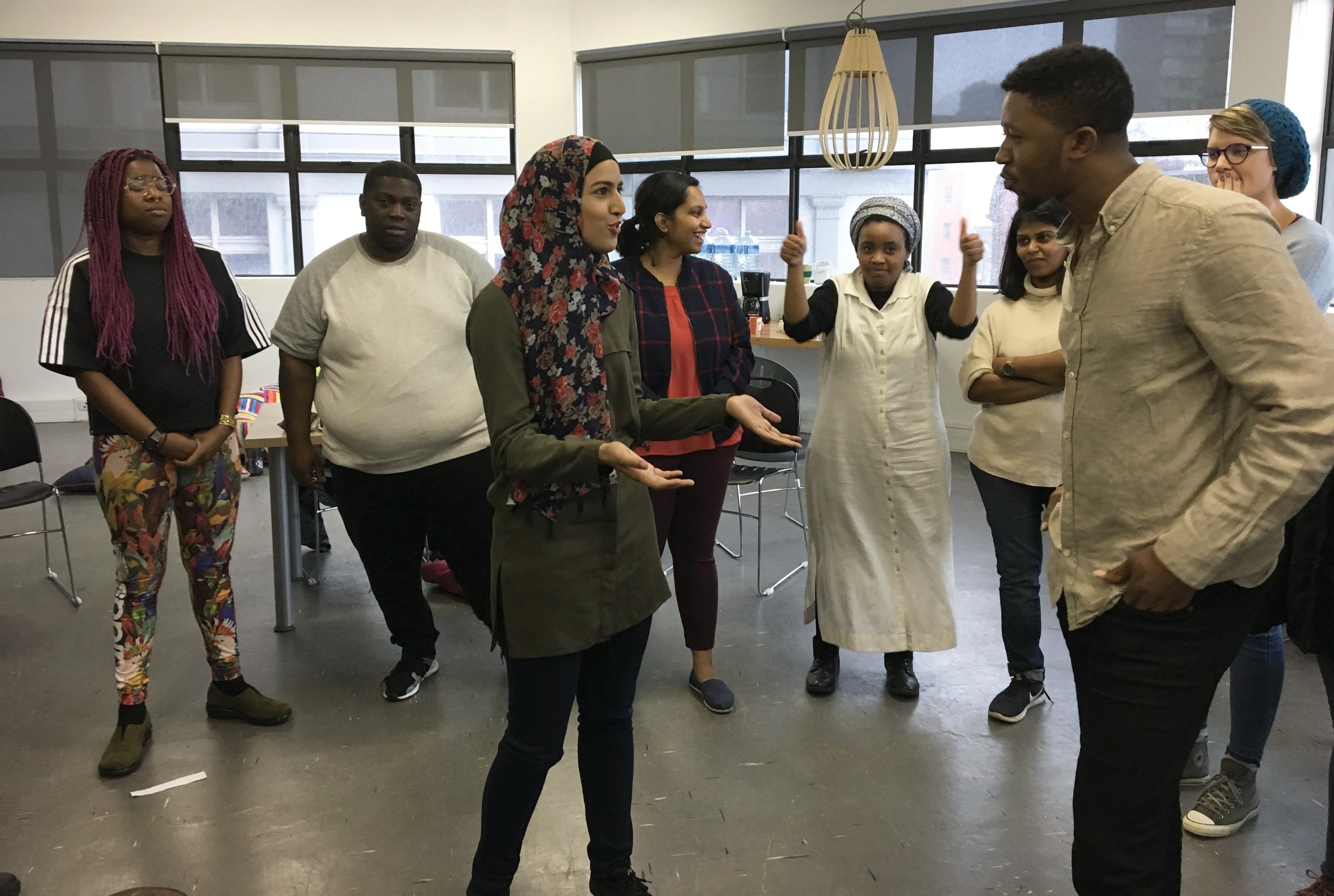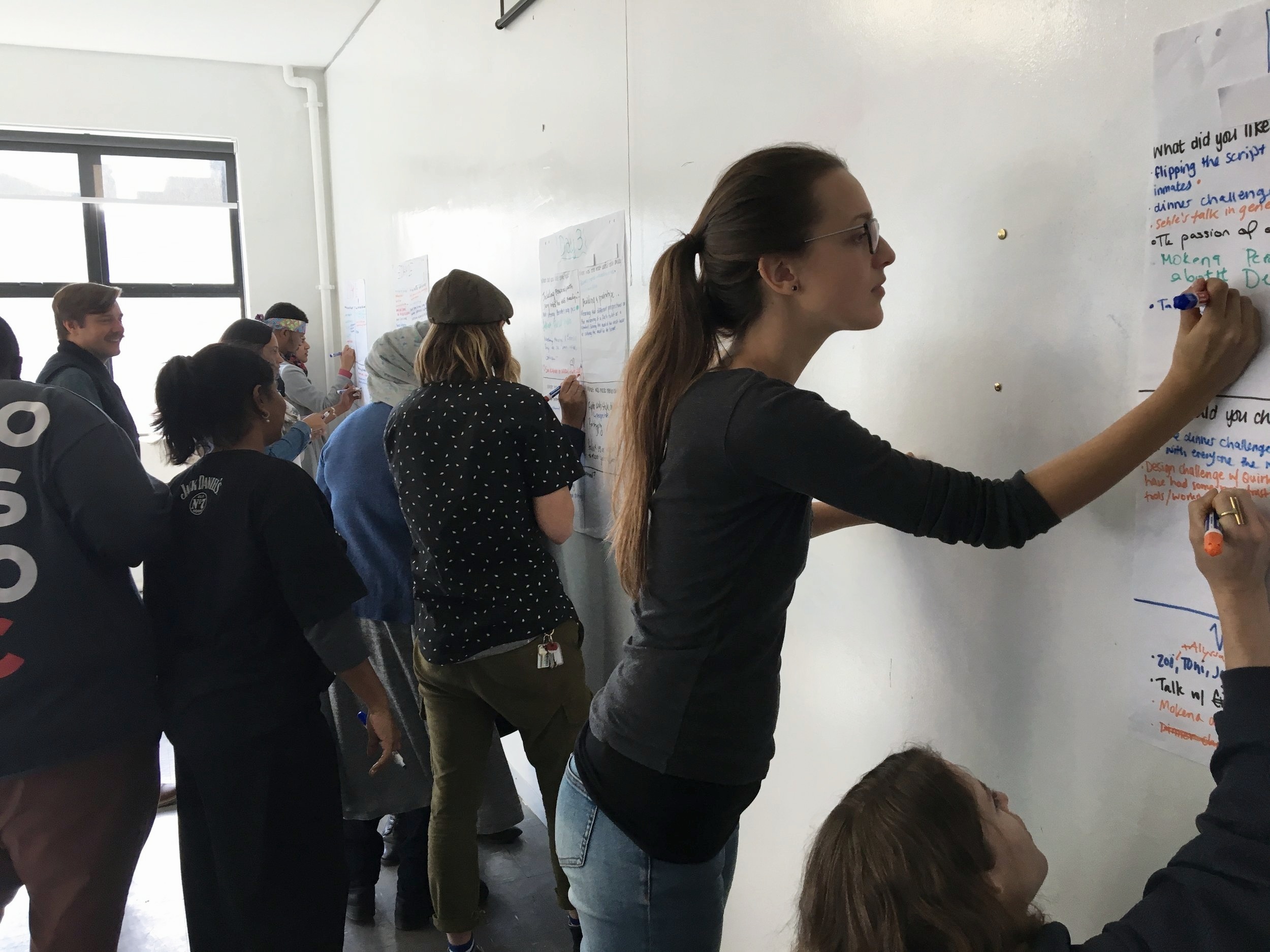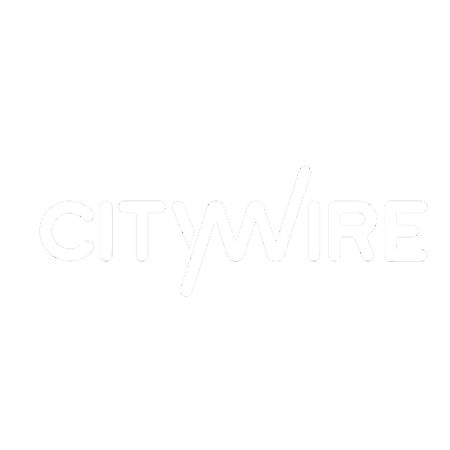By Emma Segal
I had the pleasure of being the lead educator on the 9th UnSchool Emerging Leaders Fellowship program when we took it to the beautiful city of Cape Town, South Africa, in May 2018. You may remember that this was right around the time that some of the city water supply was about to be shut off, due in part to lack of rain and subsequent reservoir shortages, along with a host of other issues. It was a bit of a stressful time, but at the UnSchool, we seem to have an unintended habit of running programs in extreme scenarios. For example, our Christchurch fellowship happened right after a major earthquake, and we’ve had cars stolen and venues flooded — so we are no strangers to a rapid reorientation due to unforeseen circumstances!
Our on-the-ground local co-producers in Cape Town consulted with their government contacts, and we were encouraged to go ahead with the fellowship, but with strict water conservation policies in place. The Cape Town program had 10 local and 7 international fellows join us, along with an inspiring array of mentors, for an incredible 7-day adventure in this fascinating and complex city in which we explored the dynamics of systems change, sustainability, and how to make a positive impact.
I’t’s been a year, so I caught up with a few of our very busy fellows last week to find out what they have been up to this past year and see how the fellowship has impacted them. I’ll share their updates along with what we got up to that week, as it was quite an adventure!
But first, check out the incredible video that highlights everything we packed into the 7 days!
We kicked off the week with local team members Thessa and Wisaal giving us a walking tour history lesson of the city as we made our way to District Six Museum, a community co-creation storytelling project about the aparthaid effects in this area. We then evoked our UnSchool tradition of discovering more about our own stories and history through mini-pecha kucha style rapid 3 min personal storytelling, after which I led our first knowledge session on sustainability (we dive in quick!), followed by a much-needed brain-refueling, delicious, plant-based dinner, served family style at a local Ethiopian restaurant.
District Six Museum
Pecha Kuchas
Day two had us run through a teleconference session with UnSchool founder Leyla Acaroglu (calling in from our other on-going and newly launched project, CO Project), and a lively and engaging systems thinking and mapping session. These types of skills have since come in use for fellow Tim, who says that since the fellowship, “In all projects that I tackle now, I look forward to researching the problem, really getting stuck with the problem, and utilizing the systems thinking concepts to form more nuanced and, hopefully, effective solutions from the process.”
Exploring systems through UnSchool style systems mapping
Sharing the results of the systems mapping session
After one of our by now famous plant-based lunch feasts, we headed off to learn from Emile YX who works with youth through hip hop and dance, providing a place to grow and explore identity and career opportunities through the arts. This active session was followed by a beautiful communal dinner offered to us by Zaayan and her family in their home, where we made traditional snacks together while learning about Ramadan and Zaayan’s activism work in food gathering and the way it connects us to each other and the planet.
Emile YX
One of Emile YX’s group showing us his moves before we all joined in
Zaayan and her father greeting us into their home
Zaayan telling us the story of the food we made together
Neha
Story sharing has been important in fellow Neha’s work as well, as she finds that, “This past year has been life changing. Post-Unschool, I have been more involved with sharing my knowledge with individuals at school, colleges, and at peer-group level”. Her work in India has been focused lately on hemp, while her previous project used soot as a design material (and was showcased on the UnSchool DIF sessions last year!). This project sees her working with industrial hemp to make products using sustainable agriculture and artisan empowerment. Neha describes her work, saying, “I look after the fabric department called Hemp Fabric Lab. My job here is to enable the makers and creators to adopt this sustainable material — hemp. I have been able to apply my learnings to research, marketing, product development, sales, education etc.; in short, my role is multifaceted.”
Day three was a full brain activation day with a mentor session from Naadiya Moosaje on women in engineering, alternative forms of capital, and a rapid group prototyping session to find solutions based on issues presented in daily newspapers.
Naadiya talking to the group
Rapid prototyping session led by Naadiya
Following this, we had our afternoon packed with thoughtful conversation on the water issues in Cape Town, led by Bernelle Verster, a bioprocess engineer with a focus on dry toilets and human waste systems (everybody poops!). To really dive into the subject, we had a high energy verbal fight club group debate on dry vs wet toilets, trying on different roles and perspectives to form a variety of arguments.
Verbal fight club with Kausar and Johan in the centre
Verbal fight club with Wafika and Sizwe in the centre
This type of perspective shifting has continued to benefit Tim, who says that his experience during the fellowship “reframed my world view considerably. I feel I'm better at removing myself or my 'ego' from projects and facilitating/coaxing solutions to emerge from others involved in the project… I'm a lot more conscientious with including more voices in the Gippslandia newspaper that I edit.”
Day four saw us take another field trip, this time to visit Quirky30, led by Sihle Tshabalala to address the 52% youth unemployment issue through coding and tech education to meet the demand for these types of skills, while simultaneously reducing poverty-driven crime. We then dove into a collaborative ideation challenge with their students and our fellows, and had an amazing lunch together, prepared by a local community caterer (food is a big thing for us!).
Sihle Tshabalala
The two groups in a lively ideation session
We hopped back on our bus and headed into the center of the city to meet social change architect Mokena Makeka, who introduced us to the ways he has been making positive social change through his building designs. He led us on a tour to check it out in person.
Mokena shows us around the redesigned train station
Discussing the impact of architecture at the base of the Museum of Contemporary Art Afrika
The Cape Town UnSchool team (pictured from left, Andi, Vanessa, Wisaal, Vicky, myself, Camila and Thessa).
These types of experiential and deep dive sessions are unique experiences not only for the fellows, but for team members on the fellowship as well. Previous fellow from Mumbai and co-host for Cape Town, Camila, found that, “The UnSchool has set a high standard of what is sustainability, and how it ought to be taught. Through UnSchool, I understood the importance of design as a social scripter, not knowing anything really about design before. Learning the importance of how people will interact with what you try to communicate and has also given me the vocabulary and the hard facts on personal agency.”
Volunteering or working on a Fellowship is a great way to gain community points towards certification and get a behind-the-scenes look at how we put together our unique programs. While Camila is finishing up her Masters degree this spring, she will be returning to the UnSchool for “the types of skills and professional development, which again even after my Masters, I don’t see that type of learning in any other place.”
Day five was launched by Vuyisa Quabaka and the practical aspects of building, running, and succeeding in social change entrepreneurship. His extensive knowledge helped kick off a group ideation and investability session. Often put to the side when doing social or environmental work, being able to have a financially and ethically sustainable business model is critical to being able to keep doing good work and getting positive shit done!
Vuyisa Quabaka: “I work with inspired people”
Alumni Zoe is putting her skills to work as she starts two new projects. She has been appointed to help facilitate and design interventions for the UCT Futures Think Tank to explore how the way they do their work, and how it should change to meet the challenges of a rapidly changing world within the South African context, as well as being involved with Open Design Afrika who has launched a number of projects with the aim of building capacity and creating systemic change and social cohesion in Africa with creativity. She highlights that she finds, “Both of these experiences are helping to fill in that feeling of 'more' I was looking for after the fellowship.”
I then led the afternoon session on life cycle thinking, and sustainable design considerations when putting new things into the world, or engaging with those that exist. This is different than life cycle analysis (LCA), and provides anyone the tools to deeply understand how things are made and handled throughout their life. Alyssa remarked at the time that, “today’s Unschool Life Cycle thinking workshop is blowing my mind right now. How many things go into manufacturing a pair of shoes for instance? We have an end of life bias where we tend to focus on the landfill, reusing and recycling in terms of sustainability. But what about how our products are made, and all the parts of the system that contribute to the last product you bought? There is no code of ethics for designers and the potential destructive impact they can have with their designs.” She continued to explore this issue through an MBA in Design Strategy over the past year, having just finished up with a thesis project focusing on reducing single use packaging in grocery stores.
image of me and the group during the LCT session courtesy of fellow Alyssa Burtt.
Deep diving into some of the objects we are surrounded by.
We worked as a group on investigating some of these common objects to get a deeper understanding of the systems that surround us. Alumni Saleemah also mentioned this session when caught up, reflecting that, “The thing that really stuck with me from the Unschool Fellowship is life cycle thinking. I'm working with a global educational NPO, and I use this approach for all projects, initiatives, and operations — it's been life-changing”.
The afternoon was capped off with another teleconference with Leyla on cognitive biases and an overview of the Disruptive Design Method. Neha has found the week to resonate with her professionally, noting that, “After UnSchool, the Disruptive Design Method have become ingrained in my design processes. I feel my method and approach of problem solving irrespective of the magnitude of the problem has changed towards a more holistic approach.” After the week’s download, a much- needed quiet writing and reflection time gave us all a moment to synthesize and digest our experiences thus far. Before everyone left for the day, briefs for the challenge were handed out, and everyone got excited to get started with their groups the next day.
Day six was full of excitement as the teams arrived to dig into their positive future-framed challenge. They each ran through the Disruptive Design Method to identify and mine the issues they were working on in their teams, fueled by the tools they’d learned through the week and a steady stream of snacks and brain-friendly food.
The UnSchool team of Thessa, Wisaal, Vanessa, Andy, and I circulated through each of the teams to provide feedback, additional perspectives, idea prodding, local context from our Cape Town producers for those not from South Africa, and a late night sundae bar for extra energy. This real world application practice came in handy for Zoe later in the year when, “After the fellowship, I spent many months trying to work out how I could apply what I learnt to my big corporate world. I was optimistic about the change I could make and saw an opportunity to focus on sustainability as my angle (leveraging off the companies’ interest in design).”
Perris works late with her team to navigate the complexities
Teams system mapping their way to new ideas
The day wrapped up late, and everyone arrived early the next day for early morning practice presentations in front of the team including Leyla dialing in from the farm, curious to see what everyone had come up with. The afternoon saw each of the teams have time to present their ideas, with a community feedback session and group voting for the top choice based on viability, change potential, and community. Tim pointed out that this type of group collab “really stoked a passion for collaborating in cross-cultural and multidisciplinary groups too, something that is key to our thr34d5.org strategic design studio”.
One of the teams presenting during the 24hr Challenge
All the fellows are now part of a wider UnSchool alumni community that offers the opportunity to connect with each other, a key benefit to all the Fellowships. Tim says that it was a “mega bonus that I got to meet Zoe, and she's a legend. We now get to shoot the breeze on lots of cool initiatives that we are exposed to, and she inspires the shit outta me.” Last month, Zoe was asked to go back to her old high school to serve as their Designer in Residence. Over two days, she taught eight grade 9-11 classes an intro to systems thinking (with a shout out to the UnSchool!). She shared that the aim was to show them “a bit of the world of design beyond what they're learning — architecture, graphic/ fashion/ product design, etc.” and she mentioned she got Tim “to co-facilitate with me which was really fun, and I'm glad we've remained such good friends since the fellowship!”
Neha also has felt the momentum of the wider community, sharing, “Change makers from different walks of life have really inspired me in multiple ways. I feel nothing is impossible. I can make a difference in my own way and that one should not be restricted by an idea but should explore methods to expand the application.”
Tiahnah and the group write down their reflections on each day before we close with a group reflection session and celebratory drinks and food
Kausar and Saleemah celebrating the wrap up of the fellowship with South Africa’s national flower, the impressive Protea
Alyssa also reflected on her decision to come to Cape Town on her Instagram at the time, saying “It’s been such an epic week! Our 24 hr design challenge was fun and mind bending as we tried out the systems mapping and Disruptive Design skills to find a solution of our own design to a systemic problem we identify…. I’m so glad I signed up and traveled so far for this experience. It’s really been mind altering and eye opening, and the incredibly smart and diverse group of people I met have touched me deeply. It may be the end of our week together, but this is just the beginning!”
The fellowship week ended with a birthday celebration and group reflection on the experience. If you would like to read more (yes there is even MORE!) about this fellowship or any of our past 9 editions, then check out each day in detail on the blog!
High fives for positive change at the UnSchool!
Join our next fellowship!
Do you want to join our always growing and active community of social and environmental creative change-makers? We have just announced our 10th Emerging Leaders Fellowship program, happening November 17th-23rd in Kuching, Malaysia! If you want to be one of the 20 people selected to join us on a 7-day intensive adventure into all things sustainability and systems change, then get your application in today! Applications open now until July 12 >
